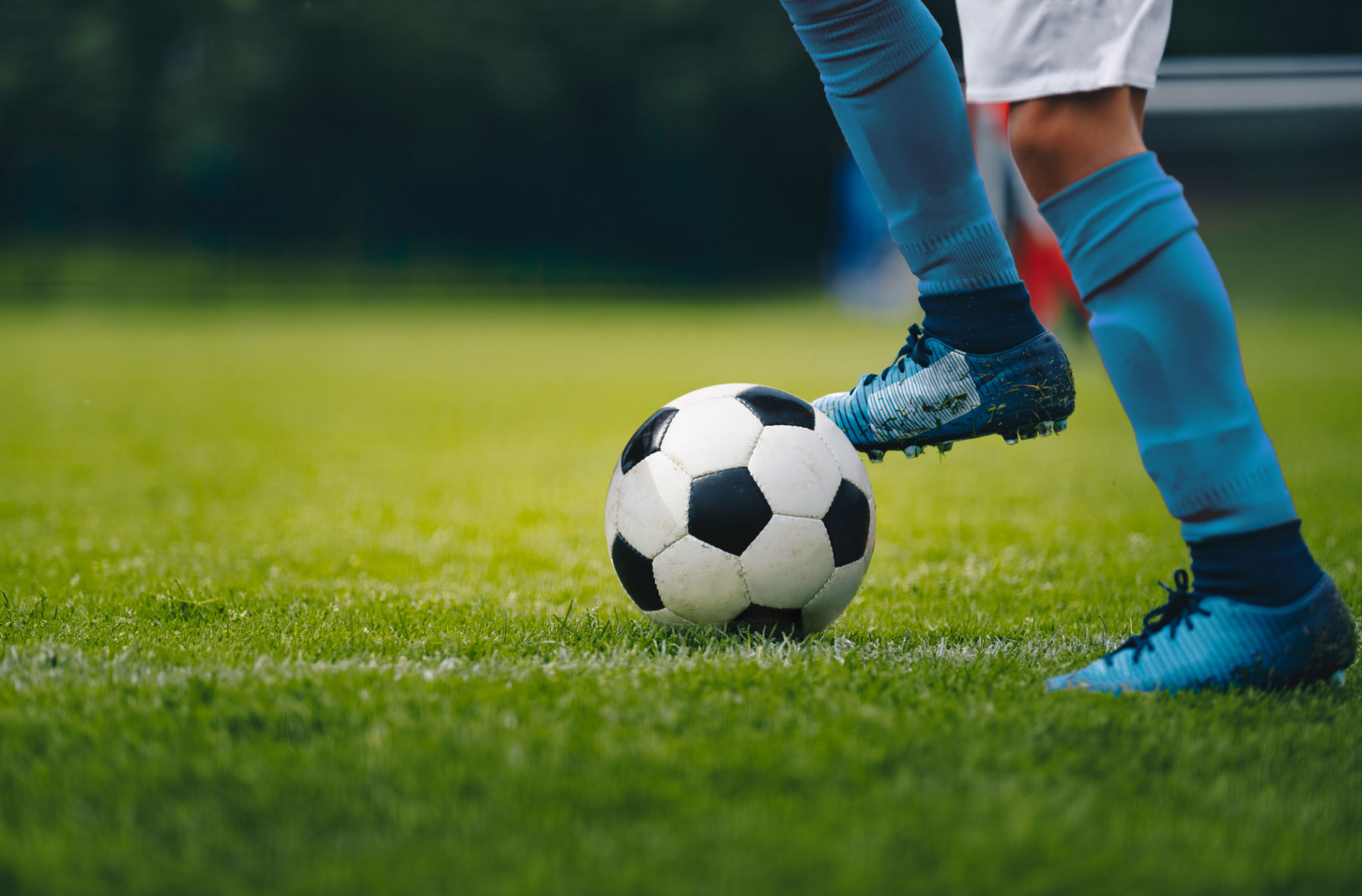Common Mistakes in Football Training: What to Avoid
Introduction to Common Football Training Mistakes
Football training is crucial for players at all levels to enhance their skills, improve fitness, and develop teamwork. However, certain common mistakes can hinder progress and even lead to injuries. Awareness of these pitfalls is essential for both coaches and players to ensure effective training sessions.
Overtraining: The Balance Between Skill and Rest
One of the most frequent mistakes in football training is overtraining. While it's natural to want to push limits and improve, too much intensity without adequate rest can lead to burnout and injuries. Players should have a balanced schedule that includes rest days and lighter training sessions.

Coaches should monitor the workload of their players closely. Encouraging adequate sleep and nutrition is also vital to supporting recovery and overall performance. Remember, rest is just as important as the training itself.
Neglecting Warm-Ups and Cool-Downs
Skipping warm-ups and cool-downs is another common mistake. Warm-ups prepare the body for intense physical activity by increasing blood flow and flexibility, reducing the risk of injury. Similarly, cool-downs help bring the heart rate back to normal and aid in muscle recovery.
- Start with light jogging or dynamic stretches for warm-ups.
- Finish with static stretches or gentle walking for cool-downs.
Poor Technique and Form
Focusing too heavily on speed or power at the expense of proper technique can be detrimental. Players must prioritize mastering the correct form in skills like passing, shooting, and tackling. This not only improves effectiveness but also minimizes the risk of injury.

Coaches should provide constructive feedback and conduct drills that emphasize form. Video analysis can also be a useful tool for players to self-correct and refine their techniques.
Ignoring Individual Needs
Each player has unique strengths, weaknesses, and fitness levels. A one-size-fits-all approach to training can be ineffective. Coaches should tailor programs to meet individual needs, ensuring that each player can progress at their own pace.
- Conduct fitness assessments regularly.
- Set personalized goals for each player.
The Role of Nutrition and Hydration
Proper nutrition and hydration are often underestimated components of effective football training. Fueling the body with the right nutrients before and after training can significantly impact performance and recovery. Hydration is equally important, especially during intense sessions or in hot conditions.

Players should be educated on maintaining a balanced diet rich in carbohydrates, proteins, and healthy fats. Staying hydrated before, during, and after games or training sessions is crucial for optimal performance.
The Importance of Mental Preparation
Mental preparation is a critical aspect of football training that is sometimes overlooked. Developing focus, resilience, and confidence can greatly enhance a player's performance on the field. Techniques such as visualization, goal setting, and mindfulness can be beneficial.
- Practice visualization of game scenarios.
- Encourage positive self-talk among players.
Conclusion
Avoiding these common mistakes in football training can lead to significant improvements in performance and decrease the likelihood of injuries. Coaches and players should work together to create a comprehensive training plan that addresses all aspects, from physical preparation to mental conditioning. By doing so, they can foster a more effective and enjoyable training environment.
